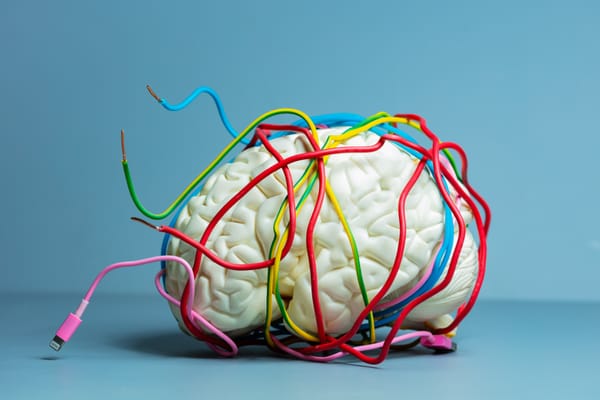The Science of Gratitude: How Practicing Thankfulness Boosts Mental Well-Being

Gratitude is not just about saying thank you, it is a great way to manage emotions and improve the quality of life. Science proves that gratitude is good for the mind and backed by research to help boost mood, relieve stress, and maybe even improve the physical body. In this post, I will discuss how gratitude works and how you can include it in your schedule to improve your mental health.
The Psychological and Neurological Effects of Gratitude
Some of the psychological and neurological impacts of gratitude have been identified in various studies:
Increase in Dopamine and Serotonin Levels: According to the science, gratitude makes the medial prefrontal cortex light up – the part of the brain that is responsible for reward and pleasure. Dopamine and serotonin are neurochemicals that play a role in happiness and emotional regulation.
Reduces Stress and Anxiety: A gratitude practice dials down the body’s stress hormone cortisol, which in turn helps manage stress and the symptoms of anxiety and depression.
Strengthens Neural Pathways: Repeating gratitude routines develops the positive thought pathways in the brain, which means that over time, it becomes easier to pay attention to the positive in life.
How Gratitude Improves Mental Well- Being
Enhances Positive Emotions
Gratitude moves the attention from the deficiencies to the opportunities, which leads to the experience of positive emotions and higher level of life satisfaction.
Improves Relationships
Saying ‘thank you’ helps to build relationships, from friendships and romantic relationships to interactions in the workplace.
Boosts Resilience
People who practice gratitude tend to manage stress better, and they are more likely to see the glass as half full than empty.
Encourages Mindfulness and Presence
Gratitude makes people more aware of the present moment, which means they can better live in the present and not think about the past or worry about the future.
Better Sleep and Physical Health as a Side Effect of the Practice According to the studies, people who practice gratitude have better quality of sleep, lower blood pressure, and a better immune system.
Simple Ways to Practice Gratitude Daily
Keep a Gratitude Journal: Every day, write three things you are grateful for.
Express Appreciation: Use your words, a note, or a tiny gesture to tell someone you appreciate them.
Practice Gratitude Meditation: Spend some time each day thinking about the things you have to be thankful for.
Reframe Challenges Positively: Instead of focusing on the negative, you can choose to look for the positive in a situation.
Create a Gratitude Jar: You can write down your positive experiences and read them when you need some encouragement.
Gratitude is one of the simplest yet effective ways that can change the outlook of a person’s well-being. When you decide to show appreciation on a daily basis, you are bound to experience more positivity, resilience and happiness in your life. Why not start today and what are you thankful for?
Sources
- Harvard Health Publishing: Giving thanks can make you happier
- Greater Good Science Center (UC Berkeley): The Science of Gratitude
- American Psychological Association: How gratitude changes your brain
- National Institutes of Health (NIH): Neuroscience of gratitude
- Psychology Today: The benefits of gratitude




